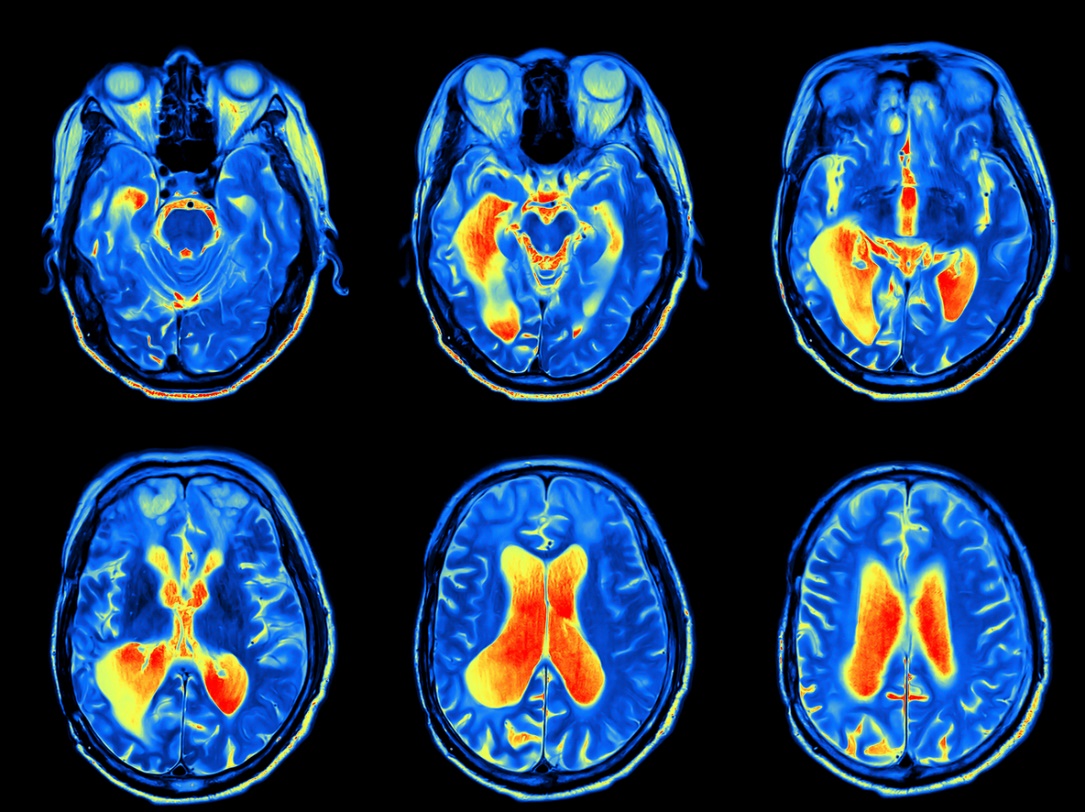BP3 (Introduction 3 of 6)
Pain often prompts us to action.
If you have a throbbing toothache, you go to the dentist. When your back hurts so badly you can’t even bend down to get into your car, you see a chiropractor. When an earache pounds in your head and your throat burns so badly you can’t even swallow, you make an appointment with your GP.

When any type of physical suffering gets so intense you can no longer endure it, you go to a professional to seek therapeutic relief. And oh, how you hope they can do something to relieve your pain.
The same is true with emotional suffering. Counselors, therapists and psychologists are go to people when you experience psychological and relational pain—or somatic pain that’s psychologically driven.
Some people say that the pain deep inside the psyche (soul) is the worst pain of all. One man commented that if his anxiety were a tumor, he would undergo surgery without anesthesia if it was the only way to remove the mental cancer causing his anguish.
Yes, anxiety can be so excruciating that a middle-aged man describes it as inescapable torture.
Depression can be so crushing that a teenage girl thinks suicide is the only way to find relief.
The anguish of abandonment, rejection and being on the outside of relationships is so devastating that a 25-year-old woman retreats into a dungeon inside her heart to avoid further pain. Tragically, she never comes out again. Never. She will die alone one day.
Some believers in Jesus become so perplexed by their chronic emotional and relational pain that they end up believing that either they’re not good enough to be loved or that God is a distant and uncaring deity who chooses not to love them. Sometimes they believe both are true. Their subsequent disillusionment leads them to deconstruct the bridge between their hearts and God.
The end result is that they lose the most beautiful relationship in the universe—or at least distance from it to the point that it is reduced to a shadow of what it is meant to be.
What might you conclude after dealing with anxiety, depression, abandonment, eating disorders, mood swings, bi-polar, panic attacks, marriage conflict, grief as deep and wide as the ocean, and so many other types of psychological pain?
You might conclude that life feels impossible at times. You might feel like there’s something deeply wrong with you. You might even wonder if life on this planet is opposed by some powerful force.
You would be right on all three counts.
DTFL will address all three topics in future blogs. For now, just be aware that Designer Therapy believes that psychological suffering and mental illness is always relational pain. Almost always, at least.
Sure, there’s the possibility of a physical etiology like endocrine issues, neurological disorders, genetics, neurotransmitter problems or even heart disease and cancer. It’s absolutely important to rule out these physical causes first.
However, in our current culture that is moving increasingly toward the philosophical position of materialism where everything is about the physical body, the psyche (soul) or mind is taking a backseat to biology. It is even dismissed by some as an archaic element found only in religion.

Psychology (literally meaning the study of the soul) in today’s world might more accurately be labeled brainology–the study of the physical brain. Certainly not mindology or even psychology because that would allow something beyond the physical to exist. Something immaterial.
Even if some psychologists believe in the existence of the mind, their training and practice seems to focus primarily on the brain or on manifest behaviors–measurable and observable things. Neuroscience, while interesting and important, is often studied to the exclusion of understanding the non-material depths of the human heart and soul. How tragic.
DT believes that the brain, like the rest of the physical body, is the vehicle you drive around in while you’re living in this world. In some ways, it’s not you. It’s merely your transportation. The mind/self is the driver of the vehicle. They are you.
On the contrary, materialism posits that the car is all that exists. There is no driver. For some, they won’t even allow the entity known as consciousness.
As a doctor of psychology, I want to clarify once again that physiological causes of mental illness need to be addressed. Absolutely. My point is that it’s critical not to overlook the more crucial factor in therapy, namely, the practice of digging deep into the emotional and spiritual roots of the mind. You must not settle for only fixing the car (fixing your physical brain and body). You must be about the work of repairing the driver.
Although the body and mind will often influence each other, the primary focus of growth and healing is the driver, the self that inhabits the vehicle. Unless materialism is your religion.
One additional thought: having established that the driver is more important than the vehicle in the world of psychological, relational and spiritual growth, the next question is, Okay, so what’s wrong with the driver?
DT holds that the lion’s share of mental illness results from disturbances in Presence (DIP). God made us for intimacy, but two major things interfere with that divine purpose: our position and our practice. Our position in Adam, the first man, is one of rebellion against God. Instead of the parent giving up the children for adoption, the kids divorced the parent (their Designer).
Secondly, our practice as humans is to hide and to build defenses around ourselves due to our compromised SOS (self-operating system) that is so quick to perceive threat. Instead of innately moving toward relationships, we move away and defend ourselves at all cost—and high cost.
Like the Enterprise in Star Trek when under attack by the Klingons, we often put all our energy into the shields. This dangerous bent toward self-protection—often invisible to the human eye–will be addressed frequently in Designer Therapy.

In summary, your Designer made you for intimacy, closeness, love, being known, Presence and transparent friendship. But two factors interfere. No, let’s make that three or maybe even four. Something radically inhibits your hard-wired desire to be in loving relationships with God, others and even your own self.
What in the world (or in our own souls) are all these factors that are so adamantly opposed to intimacy and that serve as breeding grounds for mental illness? Let’s dig into that next time.
For the Lord sees not as man sees; man looks on the outward appearance, but the Lord looks on the heart ~ 1 Samuel 16:7
